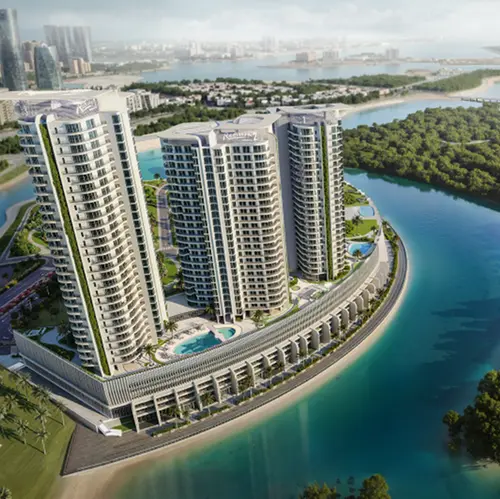PHOTO
The rate of business activity growth in the UAE's non-oil sector softened to a 16-month low in May as firms tackled disruptions from April's record flooding event, which led to the largest-ever increase in backlogs of work, according to a survey released on Wednesday.
The seasonally adjusted S&P Global UAE Purchasing Managers' Index stayed unchanged from April's eight-month low of 55.3 in May. However, the reading was still above its long-run average of 54.4 and indicated a robust improvement in operating conditions.
"UAE non-oil companies continued to face relentless pressure on business capacity in May, as the latest PMI survey data signalled the largest-ever increase in backlogs of work," said David Owen, senior economist at S&P Global Market Intelligence.
He said that although the rise in backlogs could be partly blamed on the country's record rainfall event in April and subsequent flooding, capacity pressures were already at historic levels in March amid robust sales pipelines and supply chain challenges due to the Red Sea crisis.
The survey showed that demand picked up in May after companies faced a slowdown in April due to the floods. However, despite picking up pace from one month ago, the rise in total new orders was the second-weakest since August 2023, the report said.
To bolster capacity, non-oil companies added to staff levels in May, with the rate of job creation ticking up to a three-month high.
Purchasing growth also strengthened, reaching its highest since last November amid robust sales pipelines and output requirements. There were some reports of firms having to replenish items that were damaged during the floods.
Overall input costs rose at the sharpest rate since July 2022 on rising fuel prices and higher wages, with the latter growing the fastest in just over six years.
Meanwhile the firms surveyed showed improving confidence towards the future as they cited stabilising economic conditions, higher sales, greater profits and promotional activity.
Dubai PMI slips
The Dubai PMI slipped to its lowest level in 15 months to 54.7 during May from 55.1 in April, as firms reported a further slowing of activity growth.
New order growth recovered modestly after hitting a 13-month low in April, as some firms reported a pick-up in client activity after flood-related disruptions.
Inflationary pressures increased in May amid reports of higher prices for raw materials and petrol. Overall input costs rose at the quickest rate since July 2022, leading to the first increase in output prices during this period.
"As such, the focus for the next few months looks to be the recovery of the sector from this crisis. Nonetheless, with demand still strong, firms should be in a good position to resume their robust growth once capacity has been restored," said Owen.
(Reporting by Brinda Darasha; editing by Seban Scaria)




















